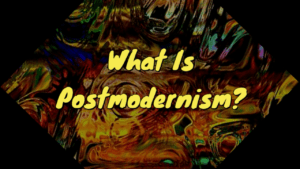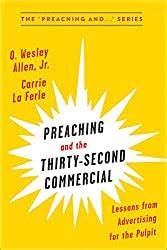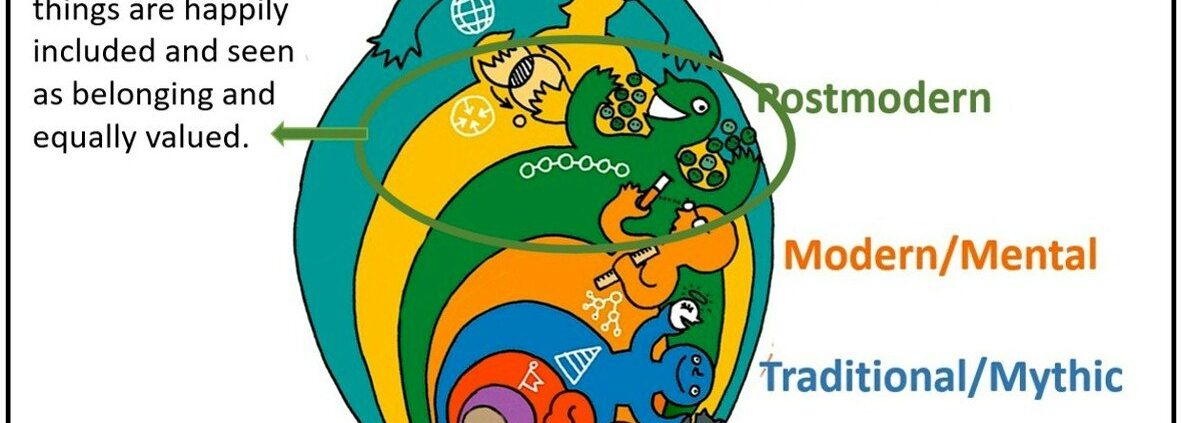Preaching To The PostModern Listener
Preaching To The PostModern Listener
In this post we continue to consider the challenges faced by the preacher today. The theme of this post is the challenge of preaching to the postmodern listener.
In the last post we saw that the preacher of today faces a huge challenge. In a previous generation, people received little communication outside their immediate community. And the communication they did get was usually from one person or organization, an authority, to the broader community. Now communication comes from many sources, and the number of communications has multiplied incredibly. From central communication we moved to decentralized. From a few communications to tens of thousands. That’s a huge challenge. But the next challenge is maybe even a greater mountain to climb to communicate effectively.
Truth to the PostModern Listener
 When preaching to the postmodern listener we preachers need to realize that the understanding of what is true has changed tremendously. Remember the question that Pilate asked Jesus in this exchange?
When preaching to the postmodern listener we preachers need to realize that the understanding of what is true has changed tremendously. Remember the question that Pilate asked Jesus in this exchange?
37 “You are a king, then!” said Pilate.
Jesus answered, “You say that I am a king. In fact, the reason I was born and came into the world is to testify to the truth. Everyone on the side of truth listens to me.”
38 “What is truth?” retorted Pilate. With this he went out again to the Jews gathered there and said, “I find no basis for a charge against him.
What is truth? Even though Pilate asked that question so many years ago, he was really expressing  the question asked by Postmodern people. Let me explain.
the question asked by Postmodern people. Let me explain.
Is Truth Singular?
There was a time in the not too distant past when truth was considered absolute. What was true in one part of the world was true in other parts of the world, because truth is truth. It didn’t matter where you lived or what you socio-economic standing was. If something was true, it was true everywhere, all the time.
That has changed. People conditioned by the postmodern world believe that truth is relative to a person’s perception.
Whose Truth Is It?
 When I came to the last church that I served while in full-time ministry, I found, to my delight, that we had an atheist attending regularly. He had begun dating a young woman from our church, and so, to satisfy her repeated requests, he began attending church with her. Then, to satisfy his curiosity about religion, he began emailing me questions each week after the service. I shared with him my spiritual journey to faith in Jesus Christ. That I had come to understand the truth. His response was similar to Pontius Pilate’s: that may be true for you, but my understanding of truth is different.
When I came to the last church that I served while in full-time ministry, I found, to my delight, that we had an atheist attending regularly. He had begun dating a young woman from our church, and so, to satisfy her repeated requests, he began attending church with her. Then, to satisfy his curiosity about religion, he began emailing me questions each week after the service. I shared with him my spiritual journey to faith in Jesus Christ. That I had come to understand the truth. His response was similar to Pontius Pilate’s: that may be true for you, but my understanding of truth is different.
We continued this back and forth for awhile, but he never agreed to meet in person. However, each time I shared with him evidence of the reality of God, he would give an alternative explanation for the things I had pointed out. Then he just quit sending emails and didn’t respond to my inquiries.
This is the postmodern mind. In today’s world truth isn’t necessarily truth. People choose a truth for themselves.
I like the way the authors of the book put it: 
In our postmodern culture, authority has shifted from reason to experience. People are less persuaded by truthful facts than they are by meaningful experience.
How This Changes Preaching To Postmoderns
 So, how does this affect your development of sermons? It’s pretty simple, isn’t it? In our preaching we declare that we are presenting the truth. But what if they don’t accept that truth?
So, how does this affect your development of sermons? It’s pretty simple, isn’t it? In our preaching we declare that we are presenting the truth. But what if they don’t accept that truth?
What happens is that the emphasis changes from religious institutions and their commitment to “truth”, to individualized spirituality, or, what works for me.
Conclusion
So how do go about preaching to the postmodern listener? Stay tuned. There is another challenge that we need to consider before we move on to that subject. For further consideration, here is another view of the challenge of postmodernism to the Christian preacher



